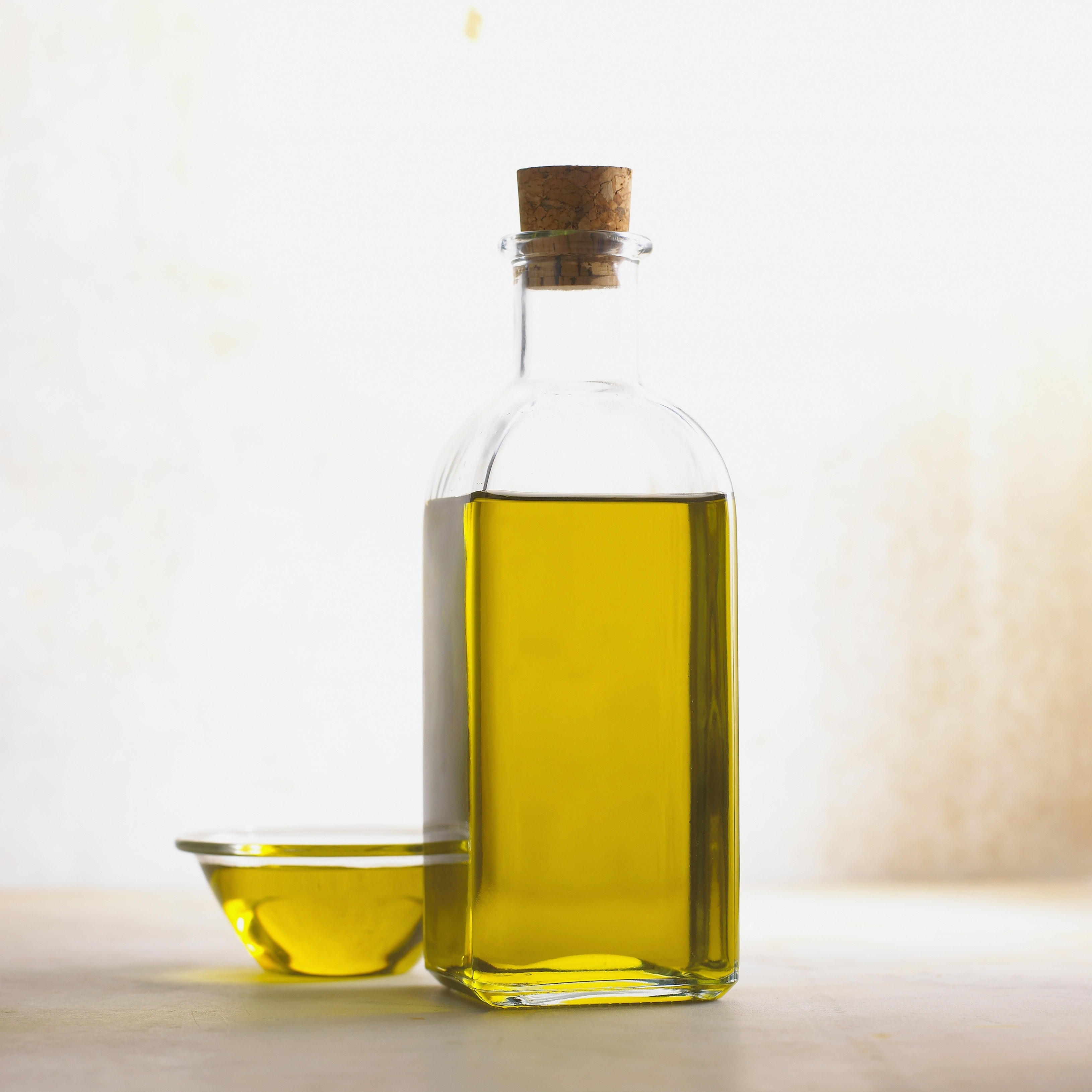Hunting is all about adventure and fun. But you might have to pay a price for even the smallest of mistakes. Whether you are an experienced hunter or a newbie, you will have to stick to certain rules and guidelines to make sure that you have a seamless experience. One can never compromise on safety – in fact, it is the most important aspect of hunting. Here in this article, we are going to offer all the tips you need in order to become a flawless hunter. Also, check out this article on how early humans used to hunt.
Do not compromise on safety
It is important to take a safety course. You can do it online too. The thing is that the test is not mandatory. But you should take the test very seriously nonetheless. This is to ensure that you have a proper understanding of everything. Thereafter, you can take part in a hunting field day, where you will be able to interact with real hunters. You will get to learn a lot by meeting real hunters.
You need the help of an experienced hunter
When it comes to learning, you learn fast when you silently observe. You should not ask too many questions. Instead, try to observe what the experienced hunter does. This way, you will learn important secrets. This is the most effective way to learn hunting techniques. Once you have been to an area accompanying the hunter, you will be familiar with it. As a beginner, you should first explore a familiar terrain. It will give you a good start.
You need to get some gear
It is extremely important for you to get some quality gear. It is about your survival, as much as it is about your safety. First and foremost, you need to do research on the devices you might require. Come up with a list. It is your duty to make sure that you have everything that you need. Invest in quality equipment as you don’t want the equipment to fail. You should get the best red dot sight which will assist you in hunting.
Reach the hunting ground first
The roads will be blocked for the most part. You may have to cover the most area on foot. In some cases, you can cover the area on a horse as well. You have to start the journey by dawn. Because of this, you need to be there by midnight. This way, you will enjoy the best hunting ground before others. Being the first one to reach there, you can take advantage of the vacant elevated spot.
Getting accustomed to the food
We are going to assume that you have already made your first kill. Whether it is beavers, raccoons, rabbits, or porcupines, preparing them could be a big headache. If you are not used to preparing them, then it is a tough task. We recommend you to look at this online. You will definitely get some help regarding this.
Move at a slow pace
Being impatient is never going to make you a good hunter. In fact, you will blow your chances to be a good hunter when you don’t show enough patience. You may have to stay still for a certain period. You might walk into something which will produce a sound. The best approach is to stay still for as long as you could. This will improve your chances.
Picking landmarks
Getting confused about your location while making a big circle is something you might encounter. We recommend you pick a unique object to make it easier for you. This will be helpful in not getting confused as far as the location is concerned. For instance, you can pick a huge rock in the vicinity as a landmark. You will also have to do the mental calculation as to where the animal would be headed once you have made a move.
Clearing shooting paths
When you reach the standing point for the first time, you need to practice shooting positions. You need to go in all directions. Then you need to get rid of all the distracting elements including branches in order to ensure that you don’t get into issues later on. You need to be able to stay in the location with very little movement or no movement at all. One has to ensure that your safety strap doesn’t restrict your movement.
Read also: Five Essential Kinds Of Gear To Prepare Before Going To Shooting Ranges
Conclusion
Becoming a good hunter requires a lot of work and patience. You have got a lot of learning to do before you take a plunge. We have covered the important aspects you need to keep in mind in this article. The aforementioned tips will be helpful for you to groom yourself into a good hunter.






















